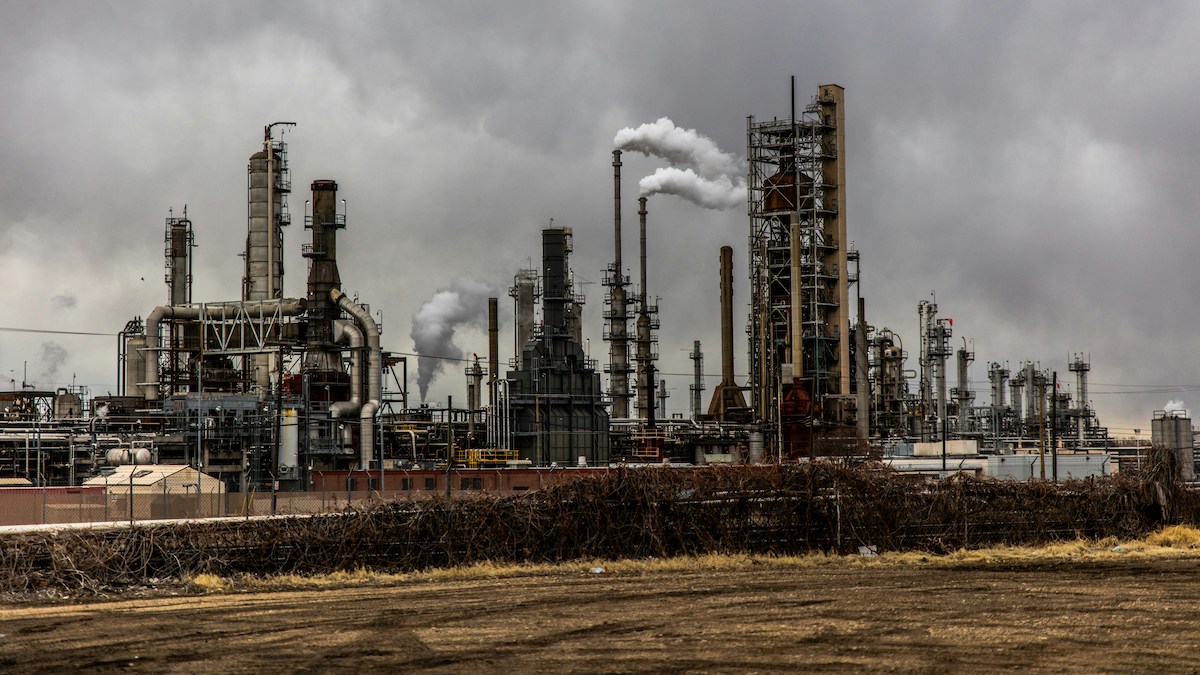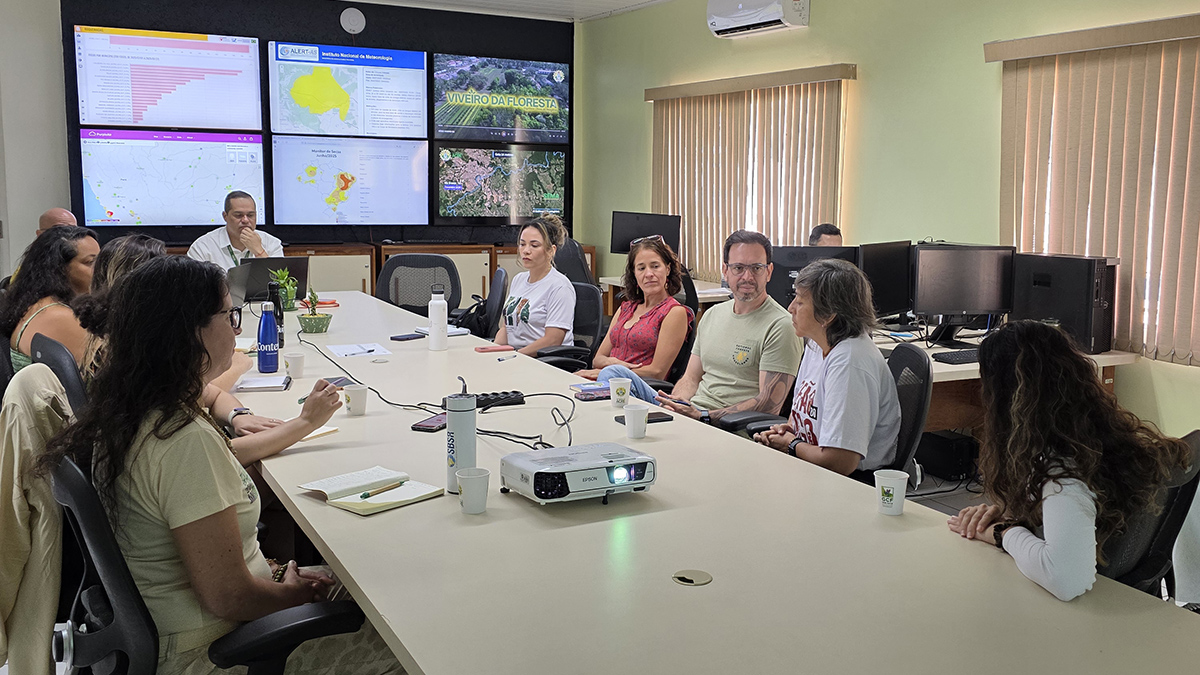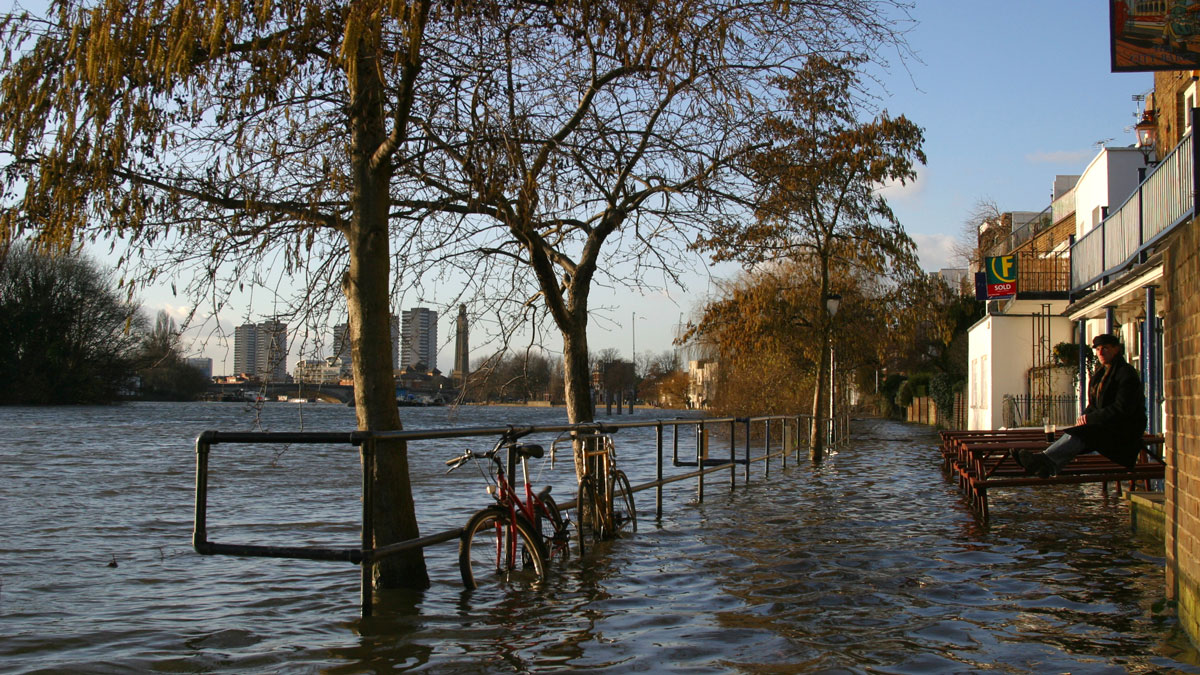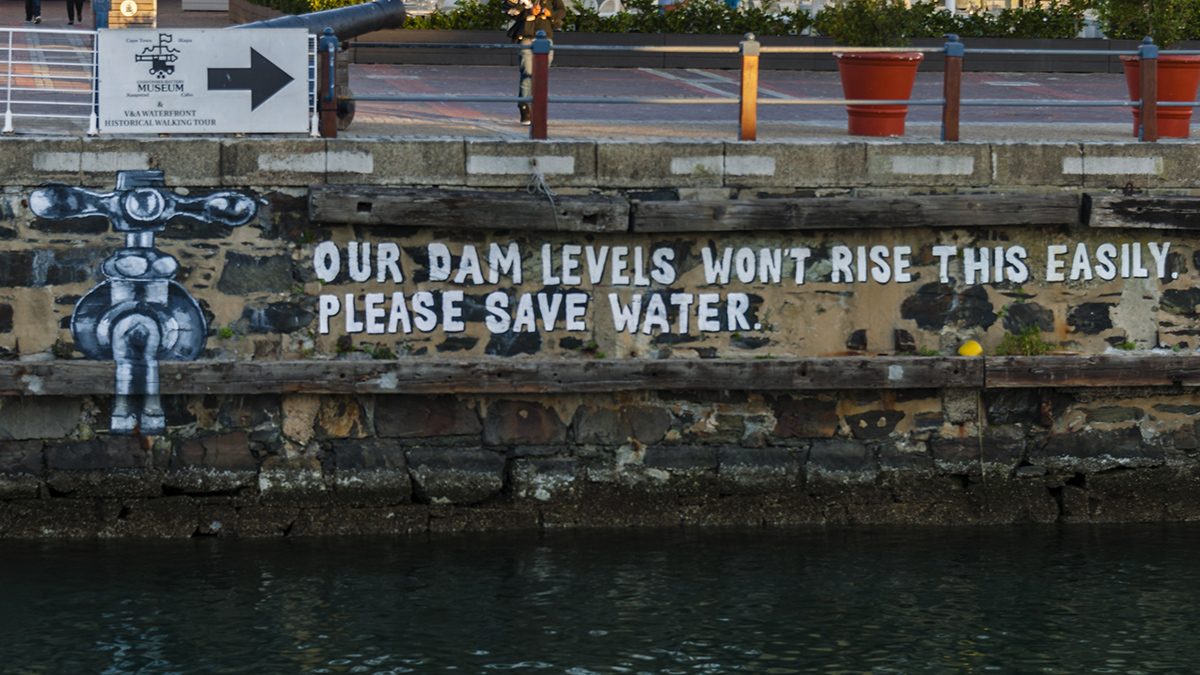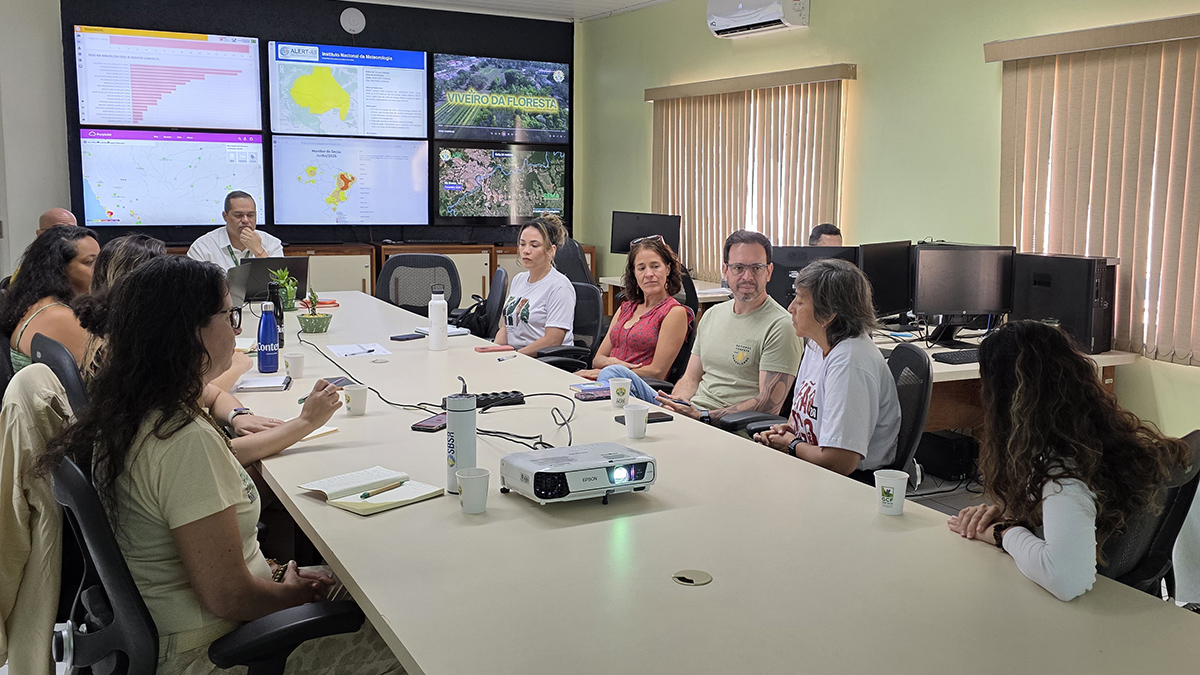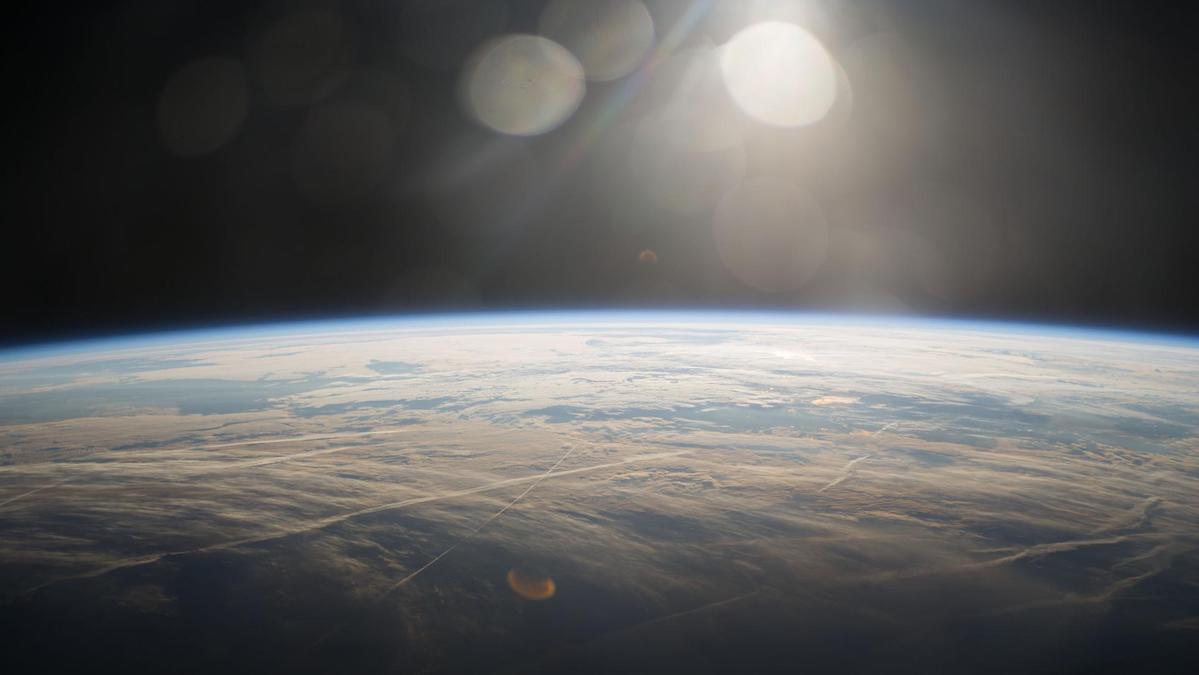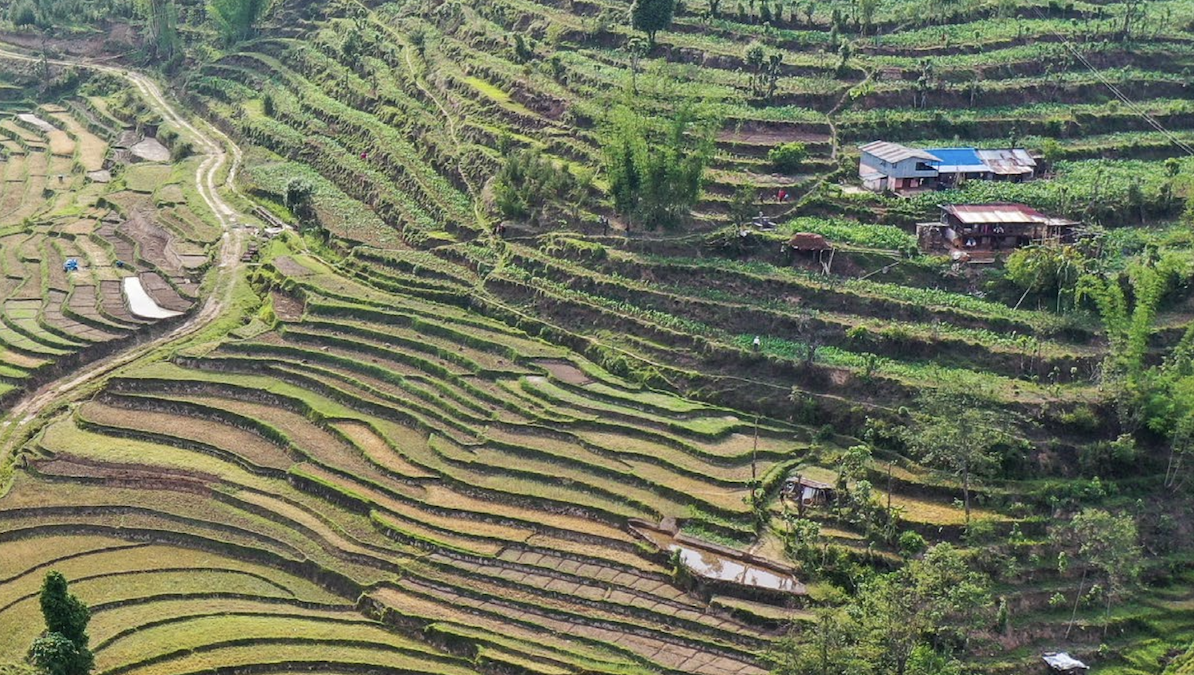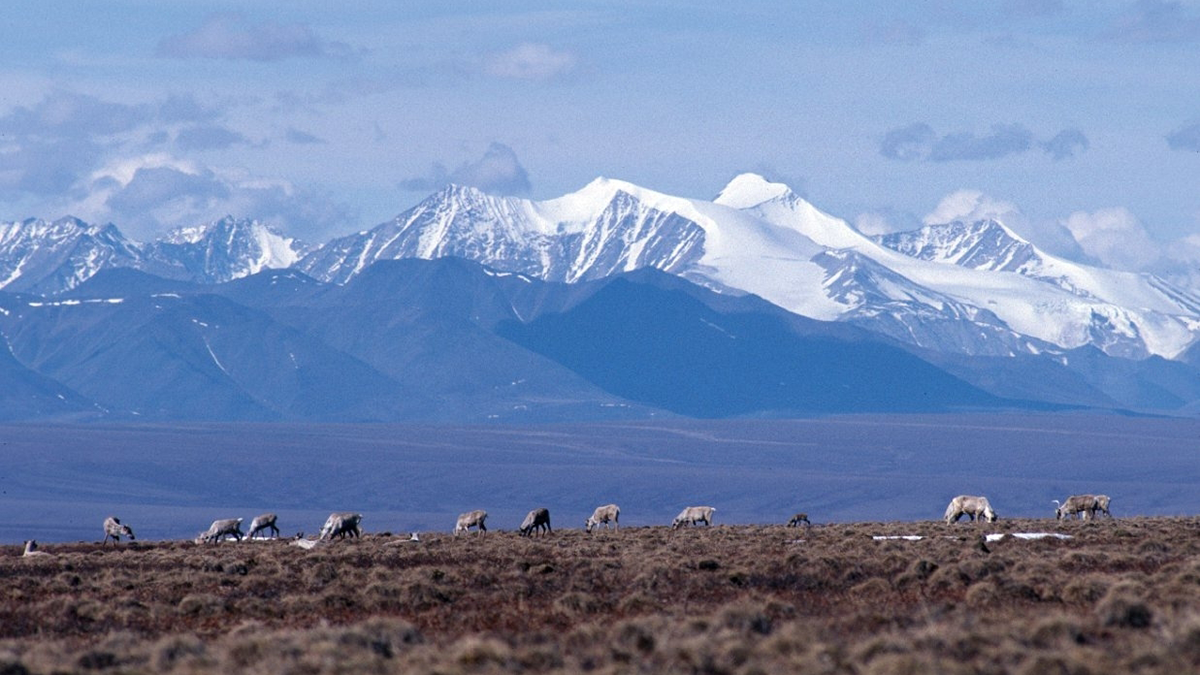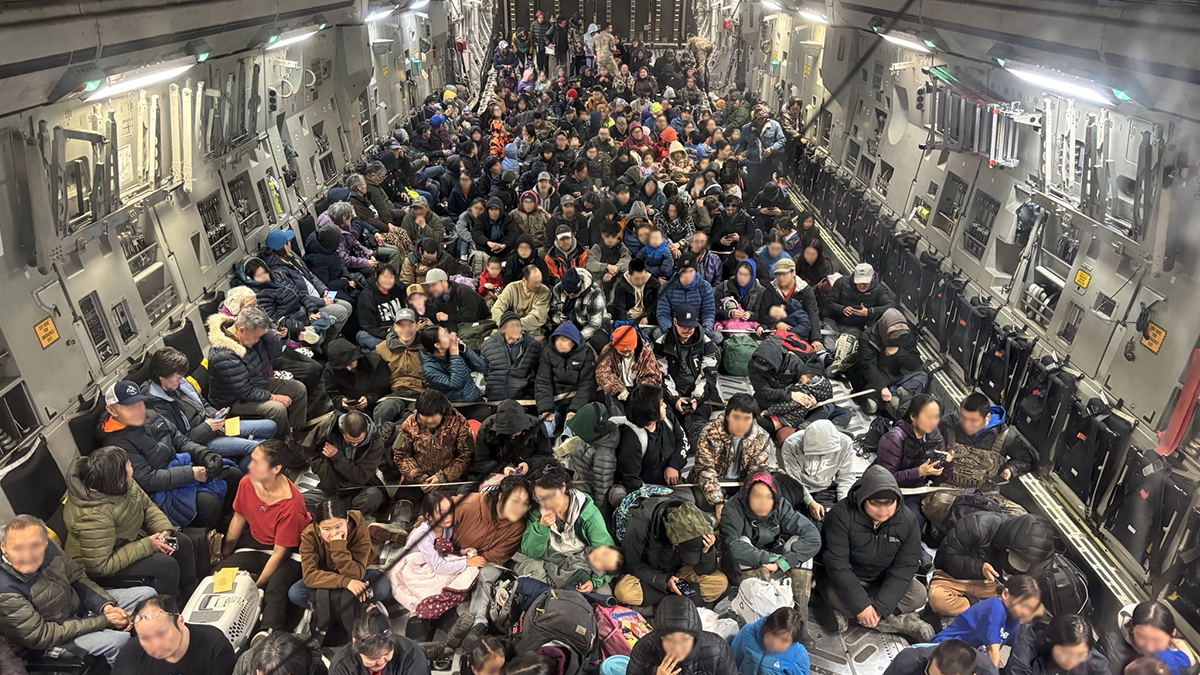The U.S. Environmental Protection Agency moved this week to reduce limits on fine particulate air pollution, including soot, set by the Biden administration last year.
science policy
En algunas partes de la Amazonia brasileña, la ciencia lidera la lucha contra los incendios forestales
El estado de Acre utiliza la ciencia para optimizar sus limitados recursos para monitorear y combatir los incendios forestales y la destrucción ambiental.
A New Way for Coastal Planners to Explore the Costs of Rising Seas
A framework featuring a range of plausible future sea level rise scenarios could help coastal planners prepare critical infrastructure for the worst-case scenario.
Are “Day Zero Droughts” Closer Than We Think? Here’s What We Know
A new study warns that day zero droughts—when reservoirs fail to supply taps—could become common within this decade.
In Parts of the Brazilian Amazon, Science Leads the Fight Against Forest Fire
The state of Acre counts on science to optimize its limited resources for monitoring and combating forest fires and environmental destruction.
2025 State of the Climate Report: Our Planet’s Vital Signs are Crashing
A yearly analysis of climate change’s progress and effects shows a “planet on the brink” of ecological breakdown and widespread crisis and suggests that only rapid climate mitigation able to avoid the worst consequences.
Developing Nations Need 12 Times More Financing to Meet Climate Adaptation Needs
An annual United Nations report, published 29 October, reveals a “yawning gap” between existing and necessary climate adaptation finance, a gap “putting lives, livelihoods, and entire economies at risk.”
Judge Stops Shutdown-Related RIFs Indefinitely
A judge has announced she would rule that the government cannot issue further reduction-in-force (RIF) notices to federal employees because of the government shutdown, nor implement RIFs that had already been issued during the shutdown.
1.5 Million Acres of Alaskan Wildlife Refuge to Open for Drilling
A large swath of the Arctic National Wildlife Refuge (ANWR) will soon open for drilling, the Trump administration announced today.
Alaska Awaits Response from FEMA in the Aftermath of Major Floods
Major floods in Alaska have caused the death of at least one person and displaced thousands more over the course of the last two weeks. Many of the displaced may not be able to return home for 18 months or longer, according to Alaska Gov. Mike Dunleavy.

